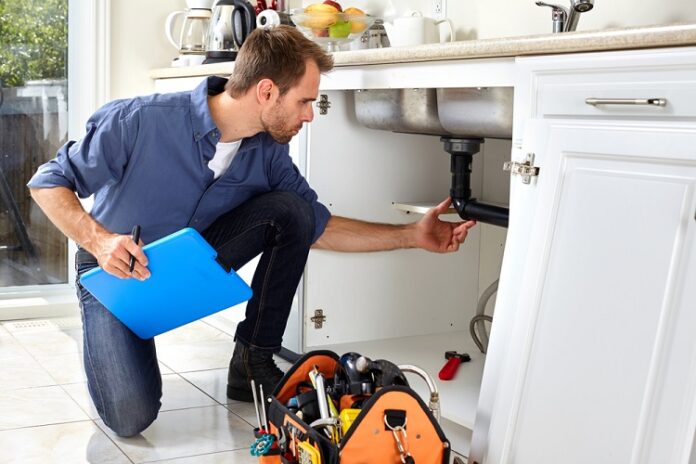Before hiring a professional plumber, there are several factors to consider. These factors include experience, credentials, and cost. Plumbers with experience can complete a job quickly and efficiently. They also understand how to resolve issues with minimal downtime. Finally, consider the type of plumbing services you require.
Experience
Before hiring a plumber, look into their experience. Experienced plumbers in Chicago are well-trained in plumbing and are familiar with various issues. A plumber’s special camera can help determine the cause if you’re worried about a clog. After looking through the pipe, the plumber can decide what to do to clear the clog.
Plumbers are also highly skilled in installing water lines. They can install copper water lines and perform maintenance and repairs to drainage systems. A plumbing technician’s job description will vary, but they typically install and repair hot water tanks, drainage systems, and other plumbing equipment. This type of work includes residential new construction as well as service work. They can also respond to emergency service calls, such as a water heater replacement or a clogged drain line.
A plumber with a lot of experience in copper and PEX installations should be your first choice. This plumber will work hard to satisfy the customer and provide quality work. Ask about pricing, and get a written estimate from the plumber. A professional plumber will also allow you to review the contract before agreeing to the work.
Questions to Ask a Professional Plumber
Whether you’re looking to hire a plumber to solve a leak or install a new water heater, you must ask a few questions to help you choose the right service provider. First, make sure the plumber is insured. The insurance will cover any potential damages that might arise from the job. Also, check to see if the plumber has a good reputation. If previous customers have complained about poor service, you should avoid them.
Another question to ask a plumber is about pricing. Some plumbers charge hourly, while others offer fixed rates. You should know ahead of time if you will be paying a flat rate, making it easier to budget and predict your expenses. It would be better if you also asked whether the plumber offers a guarantee, which can help prevent problems in the future.
In addition, you can ask about personal characteristics and work ethic. A plumber should be able to answer your questions confidently. It is crucial to choose someone who is highly dedicated to the job, responsible, and won’t leave a job half-finished.
Price
The price of hiring a professional plumber can vary widely, depending on your specific needs and where you live. Most plumbers charge an hourly rate, but it’s important to note that the charge is also likely to include extra costs, such as travel time. Some plumbers will also charge a flat fee for travel, ranging from forty to fifty dollars to as much as $300. Before requesting an estimate, plumbers should visit your home or business and assess the condition of the pipes.
The price of hiring a plumber depends on the complexity of the job and the materials needed. Emergency plumbing repairs can cost even more. Average rates are $60 to $150 per hour, but many other factors affect the price. In addition, a plumber’s experience and skills will influence the price.
Prices vary by location, but a burst pipe repair can cost anything from $560 to $5,300. You can also expect to pay $140 for the initial diagnosis of the leak location.
Credentials
Plumbing is a profession that requires hands-on skills and knowledge. It also requires strong interpersonal skills and physical stamina. These skills can be developed through training and experience, but when starting out, it is essential to have passion for the field. The following are some of the critical credential requirements for plumbers.
A state license is one of the most essential credentials for a professional plumber. Most states require plumbers to be licensed, but the requirements for each state differ. Plumbers must have a high school diploma or GED to be approved. Applicants should also have a clean criminal history. Liability insurance and bonding are other essential requirements.
While a college degree is not necessary to become a plumber, a high school diploma is a good start. Most states require plumbers to have a certain amount of technical training and classroom hours, though some allow for work experience instead of coursework. Most plumbing schools offer a variety of classes to prepare prospective plumbers for the trade. These classes usually cover construction, industry safety, and building regulations.









